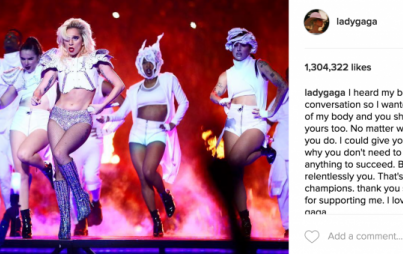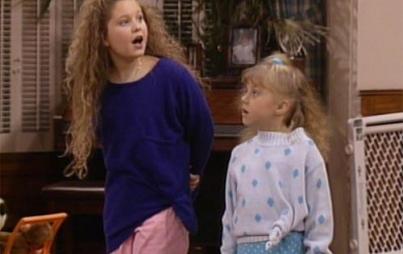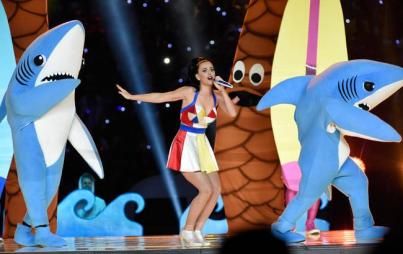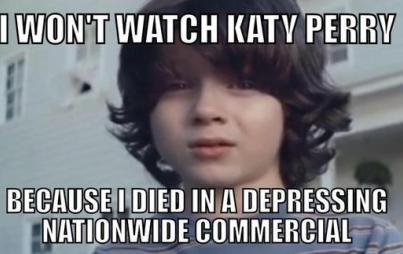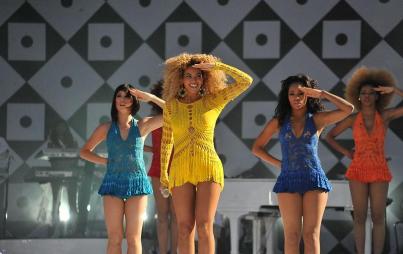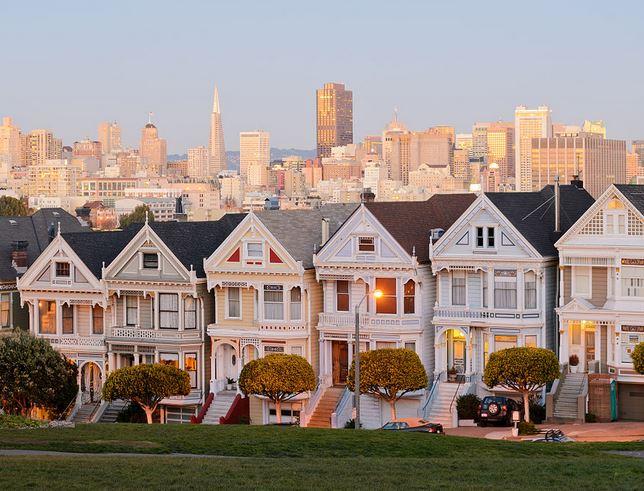
How did this family afford a San Francisco Painted Lady? HOW? (Credit: Wikimedia Commons)
Alright, I admit it: Every once in a while, I find myself flipping through the channels on a rainy afternoon, and stumble upon a rerun of Full House, that quintessential cheese-ball '80s family sitcom. I watch. I laugh. I delight. I learn vauable life lessons over the strains of violins. I cry.
Some things, it seems, never change.
My favorite childhood show has clearly retained its place in the hearts of other nostalgic millennials, as well; nearly 20 years since the last episode aired in 1995, it remains entrenched in pop culture. This year's Super Bowl included a hotly anticipated, and utterly adorable, commercial featuring Unle Joey, Uncle Jesse and Danny Tanner. And when Uncle Joey (er, Dave Coulier) got hitched earlier this summer, social media went nuts over photos of reunited cast members at the big day.
Watching the show back now, it's hard not to notice something that was lost to me as a child: Full House may be one of the most progressive TV shows ever to have graced the small screen. That's right, I said it.
How Full House Broke the Mold
Most popular shows of the 80s, including Step by Step (essentially Brady Bunch 2.0), represented a “traditional” family structure—e.g. fretting mom, confused dad, trouble-making kids. Full House, instead, focused on three guys raising a family of girls in gay-friendly San Francisco. All three men were shown to be at once manly and sensitive, with even dreamboat ladykiller Uncle Jesse consistently sharing his feelings with DJ, Stephanie, Michelle and, later, his own twin sons. The fastiduous Danny could even been seen as a proto-gay character, not hindered by his more feminine qualities in successfully parenting his daughters.
Much has been written about the impact this gender reversal had on television and, more broadly, culture itself:
The common approach is to see the mom and dad working together to create a nuclear family dynamic. However, the three men [of Full House] do not lose credibility as parental figures simply because they do not meet the generic imprint regarding what parenting looks like…Full House demonstrates what it means to blur the lines of customary gender roles in society. —Family Values in the Media
This year's Super Bowl commercial playfully winked at this dynamic, with Danny and Joey interrupting a conventionally masculine moment (a possible blow job for Jesse) with a conventionally female one (cleaning).
One could argue that Full House laid the groundwork for future shows with a similarly progressive view of the household structure, such as Modern Family, where gay dad Cameron assumes the traditional “stay-at-home-mom” role. And for that, it still deserves our kudos. Every son and daughter would be lucky to grow up with parents like Danny, Joey and Jesse.

